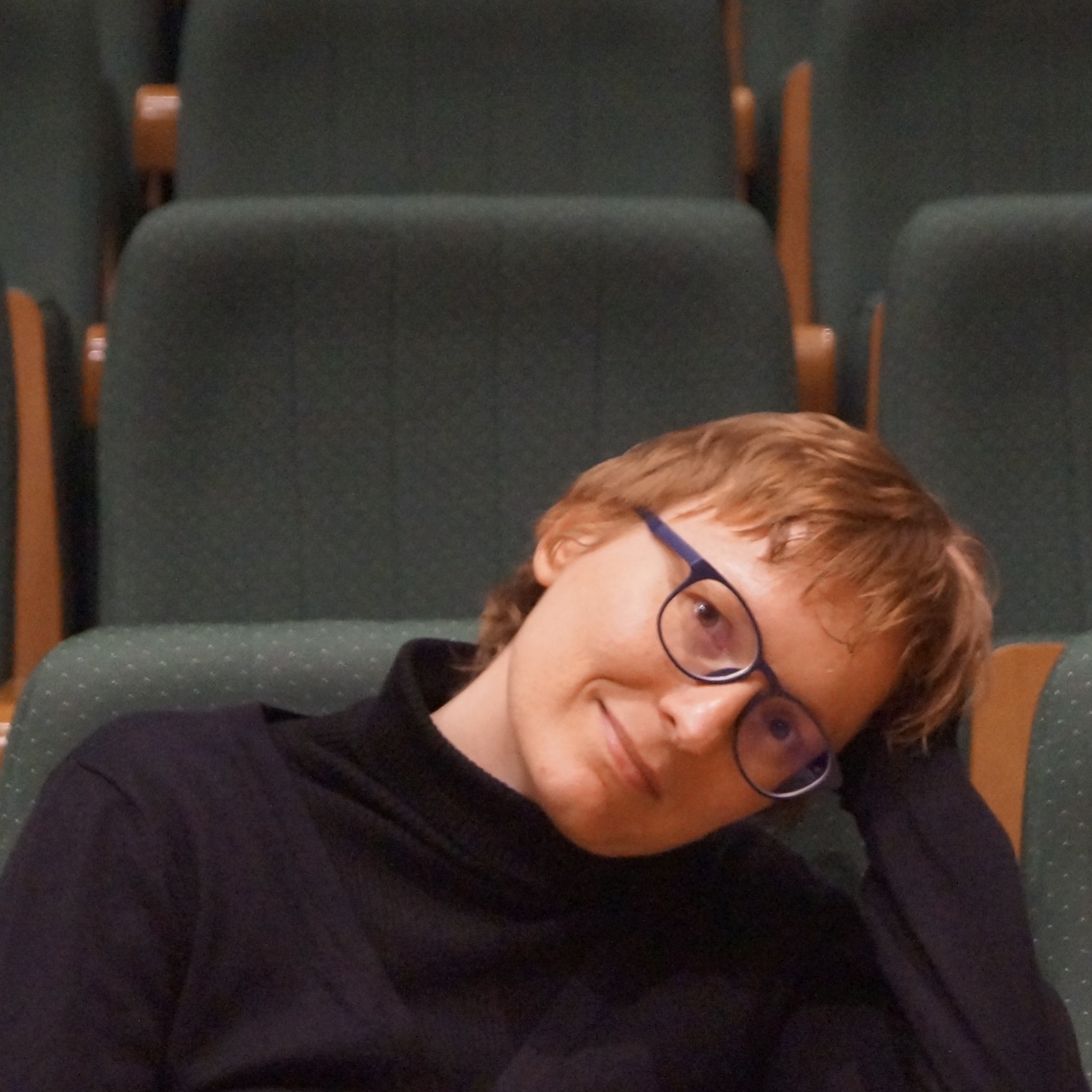

Katarzyna Brochocka
*4 January 1982
Works by Katarzyna Brochocka
Biography
Polish composer, the author of symphonic, chamber, and solo works. She is specializing in vocal, operatic, and theater music. The winner of numerous international awards, including the Capital Fringe Festival Audience Award for the Best Musical Theatre & Opera (Washington, 2013), Opera Vista Artistic Director’s Prize (Houston, 2010), Grand Prize in the chamber division of 2008 David Walter/ISB International Composition Competition; Special Commendation at the 2008 Nancy Van de Vate International Composition Prize for Opera, Vienna. Brochocka received a Certificate of merit and a Special Mention at Italian Femfestival Women Composers Competition (Siena, 2022). Katarzyna Brochocka was also the finalist of the Douglas Moore Fund for American Opera Competition (New York, 2010) and a runner-up in the Flourish Opera Competition (London, 2012) and the 2010 I.C.A. Composition Competition. She was a grant holder of the Polish Ministry of Culture and National Heritage Creativity Promotion Fund (2010).
Her works have been performed in Poland (Warsaw Chamber Opera, Kalisz Philharmonic, Sudeten Philharmonic, Warmian-Masurian Philharmonic, Wrocław Chamber Orchestra Leopoldinum, etc.), and abroad (OperaUpClose, London; Microscopic Opera, Pittsburgh; Opera Vista, Houston; Opera in the Ozarks, Arkansas), including numerous music festivals, such as Audio Stage 2013 (Warsaw, Poland); 2013 Artscape Festival (Baltimore); 2013 Capital Fringe Festival (Washington); 2009 Society of Composers, Inc. Conference (Oklahoma); 2015, 2009 and 2007 International Society of Bassist Conventions (Colorado, Pennsylvania, Oklahoma); 2006 Musik Unsere Zeit (Muenster, Germany); among others. She has written incidental music for numerous theater plays performed at dramatic and puppet theaters across Poland.
Katarzyna Brochocka holds a doctoral degree in Music Theory and Composition (DMA, Chopin University of Music, Warsaw 2021). She studied composition with Jan Antoni Wichrowski at the Karol Lipiński Academy of Music in Wrocław (Poland), Edward Knight at Wanda L. Bass School of Music, Oklahoma City University (USA), Aleksander Kościów at the Chopin University of Music, Warsaw, and Doina Rotaru at the University of Music in Bucharest (Romania, “Socrates-Erasmus” scholarship).
About the music
Katarzyna Brochocka is a composer with much to say and the obvious skills to do so and as such is another representative of the ever-growing number of women composers who are at last making those iconoclasts whose idea is that women composers are less interesting than men revisit their discredited beliefs. Her music is always interesting and often thrilling and I hope to see more of her compositions reach the market
Steve Arloff Musicweb-international.com (CD review Brochocka, Weinberg: Double Bass Works, 2017).
Brochocka drew the libretto from Gabriela Zapolska's 1901 novella The Memoirs of a Young Wife, shaping it into a series of diary entries, sometimes gently amusing but often heartbreakingly sad, as the heroine recounts her infatuation with another man. The piano writing is dense, febrile, and often panic-stricken – a musical representation of the 20-year-old's increasing realization that she is in a loveless marriage.
Stephen Pritchard, Dido and Aeneas/Young Wife, "The Observer", 2014
When looking through Polish composer Katarzyna Brochocka's Halloween Music for b Clarinet and Piano, I was immediately struck by the whimsical lyricism that pervades the piece. The lines still feel fresh and creative. however, which draws the ear forward into well-integrated textures of carefully-notated multiphonics and sweeping runs that go up to the highest C#! Other angular, disjunct sections contrast nicely with the occasional slap tongue thrown in for an extra punch. After an ebullient, soaring climax, the piece ends gently with a dissolving fade down to ppp.
Eric Mandat " The Clarinet", June 2010
By the time the singer is lying on the floor wrapped in a comforter wallowing in a depressive state and moaning an achingly beautiful aria, we realize that no man could write a woman’s role like this. The emotion is organic … and fleeting, as in each successive scene we get another side of her complex, passionate, poetic prism. (...)
No need to belabor the point. This one-woman opera is only an hour long. An opera for the microwave generation – to be mined for the next 300 years.
More! More!
Terry Byrne, The Young Wife *****, Capital Fringe Review, July 2013
